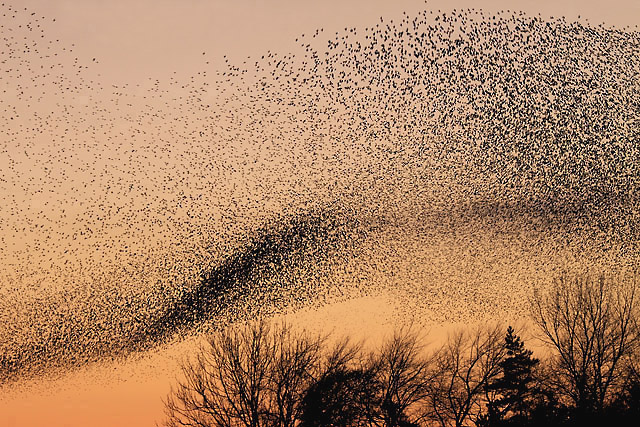
What happens when we die? Ideas about the afterlife (or the lack of an afterlife) requires theory building based on either faith or experience. What if you don’t have faith in stories about the afterlife and you’ve never experienced anything resembling a near-death experience (NDE)? In this episode I’ll guide you through a language-based exercise that might help you with your theory building about worlds beyond everyday experience.
The task is to ‘experience your world’, first through the filter of language and then without the filter of language.
The intention is to open up the possibility that there are at least two different (simultaneous) worlds, layered on top of each other—at least two different dimensions of experience.
If we accept that, why might there not be at least one more? Or even many, many more?
The other thing that we might notice is how the filter of language presumes and produces a distinction between self and other, which disappears when we remove this filter. Because the linguistic dimension restricts us to the experience of selfhood, it might be the most constraining of all dimensions. And we can speculate about the existence of a soul that survives death and lives simultaneously in many (or all) dimensions.
But before we get swept away in our excitement about this transcendent soul, we might allow ourselves to enjoy a certain fascination with living within a restrictive, linguistic existence and the creativity that might emerge from this level of constraint.
The story I read in Episode 94 is ‘Moving language’.
Sign up for the Grammar for dreamers newsletter here: jodieclark.com/newsletter
Check out my new course: The Grammar of Show Don’t Tell: Exploring the Emotional Depths.
Subscribe on Apple podcasts, Spotify or wherever you like to listen. Rate, review, tell your friends!






